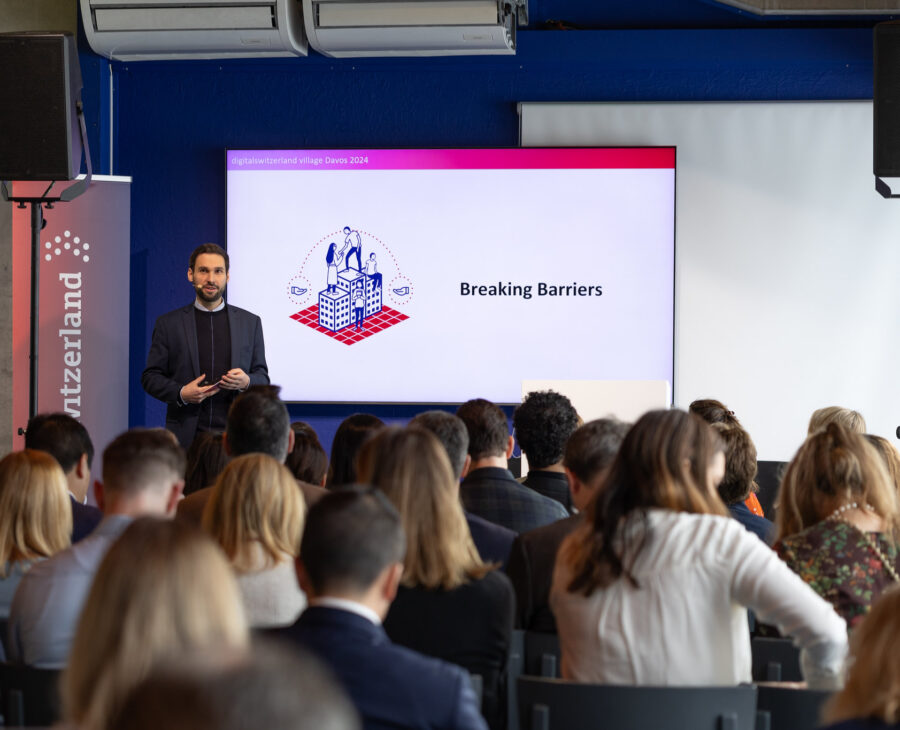Following the success of the think tank TRANSIT in Zurich, the Swiss Federation for Adult Learning (SVEB/FSEA) and digitalswitzerland organised TRANSIT Romandie. It complements the recently launched lifelong learning campaign. Well attended by a diverse lifelong learning community from all over the French-speaking part of Switzerland, TRANSIT was a chance to brainstorm adult education priorities for the next ten years.
Flipped classrooms, distance learning, integration of new learning technologies, instant feedback: These practices in continuing education are revolutionising the field of lifelong learning. TRANSIT participants wondered whether they could also negatively impact course pace – and reduce the depth of learning. How can we ensure that pedagogical innovations bring added value to the learner?
The personal significance of learning emerged as a key point in the discussion on learning and how to learn. Regardless of the pedagogy used, is it more motivating when learning is a must in order to keep a position or when it’s driven by the desire to acquire new skills? Whether or not participants are active in the workforce, the lifelong learning community must accommodate all learners and provide both meaning and objectives.
The private sector is the main financial contributor to lifelong learning, distributing some 1.6 billion francs each year. For Switzerland to pursue its ambitions as a leader in innovation and productivity, what are the political dimensions to be addressed? And what needs to be put in place to ensure opportunities for everyone to enjoy lifelong learning? What levers can be used to improve the overall continuing education policy in Switzerland?
Ideas included ways to better inform companies on how to access state funding and simplify routes to financial support. Indeed, while there are many funding opportunities for lifelong learning, the pathways to this money are many and mysterious. Federal, cantonal and communal authorities need to work to make access simpler and more transparent.
Digitalisation and ‘Industry 4.0’ are accelerating change in the world of employment and society, already weakened by the impact of an ageing population and international competition. How can lifelong learning be improved in light of these changes while at the same time safeguarding high quality? What elements of change should be considered, and what aspects are irrelevant?
There was consensus on the fact that everyone needs to be learning for life. As complexity takes on new dimensions, an interdisciplinary, intersectoral group focused on lifelong learning was suggested as way to address the many issues in the sector. Other issues raised included a lack of transparency, trainings that are no longer fit for purpose, trainers who lack the right technology know-how, and the challenge of motivating the least qualified workers to train.
TRANSIT participants pondered on whether adult trainers themselves should be asked to upskill and requalify regularly. This would protect the quality of teaching and ensure lessons reflect our changing world, in which skill sets are complementing or even replacing specific professional expertise.
The group felt that more work was needed to develop a vision of lifelong learning for everyone – one that encompasses the most impactful use of resources, time and money.






